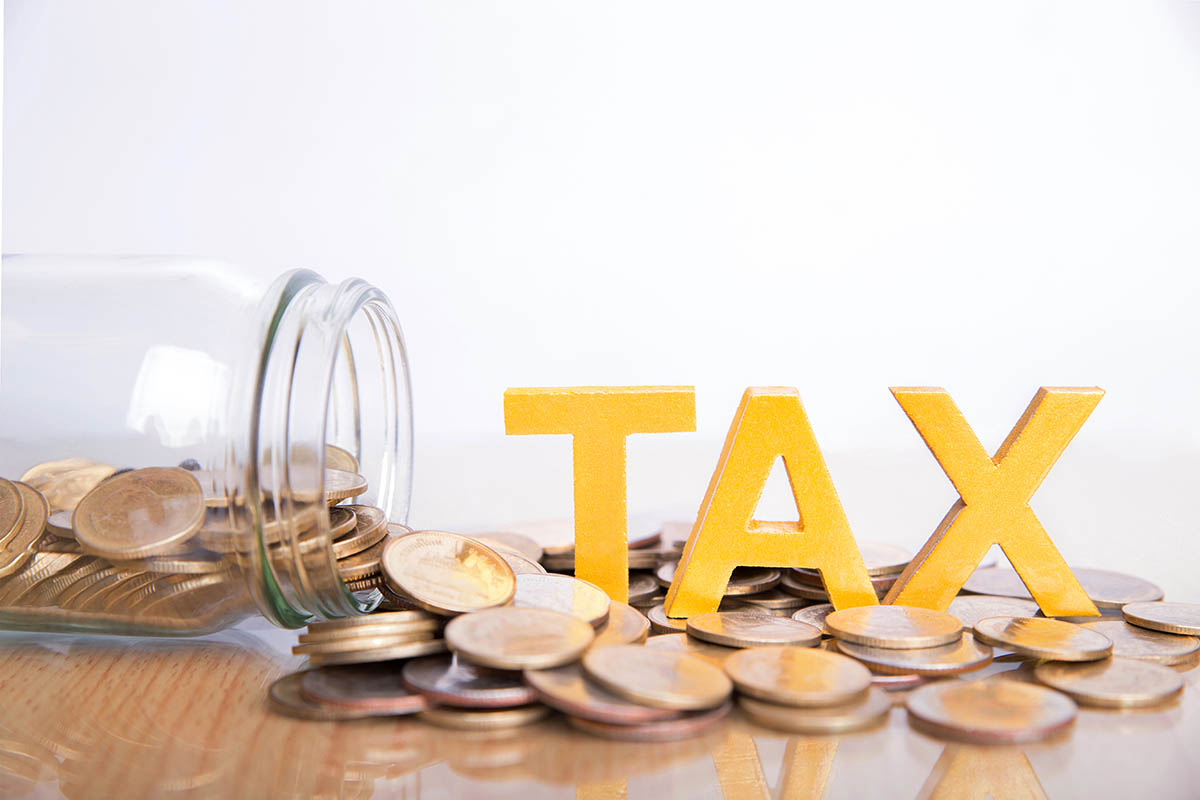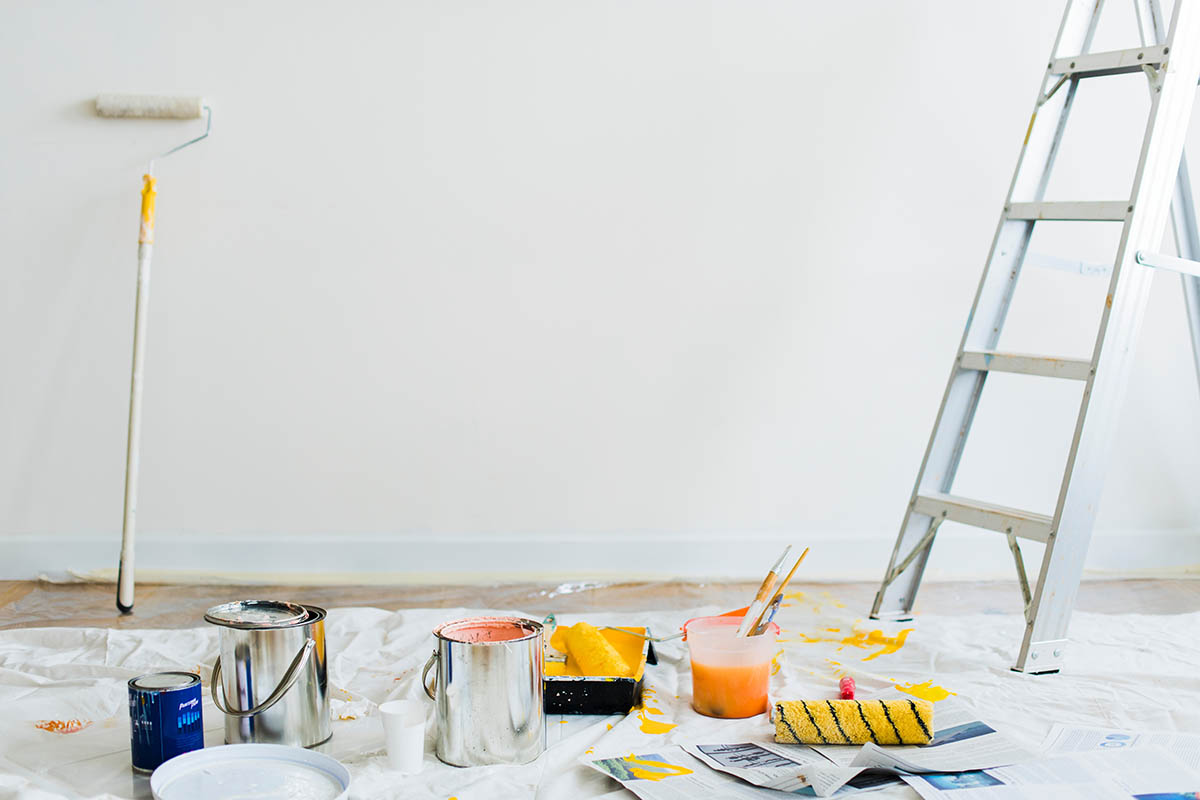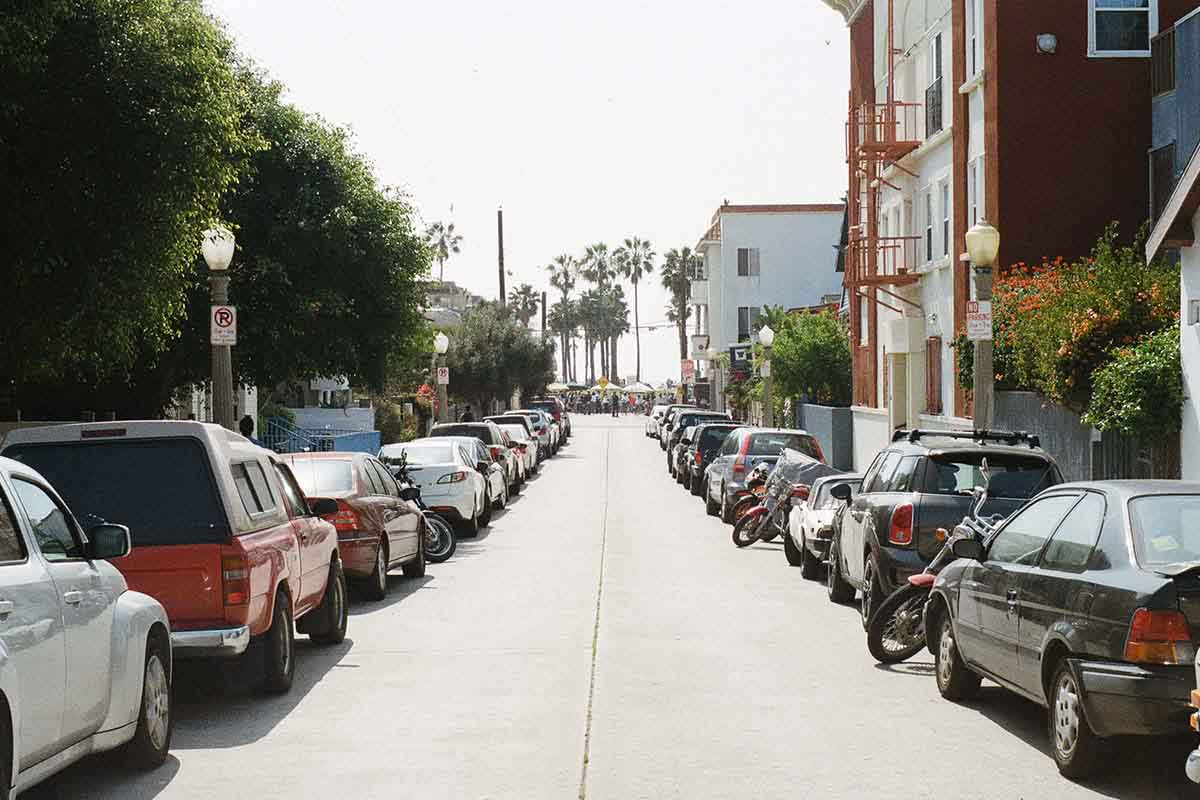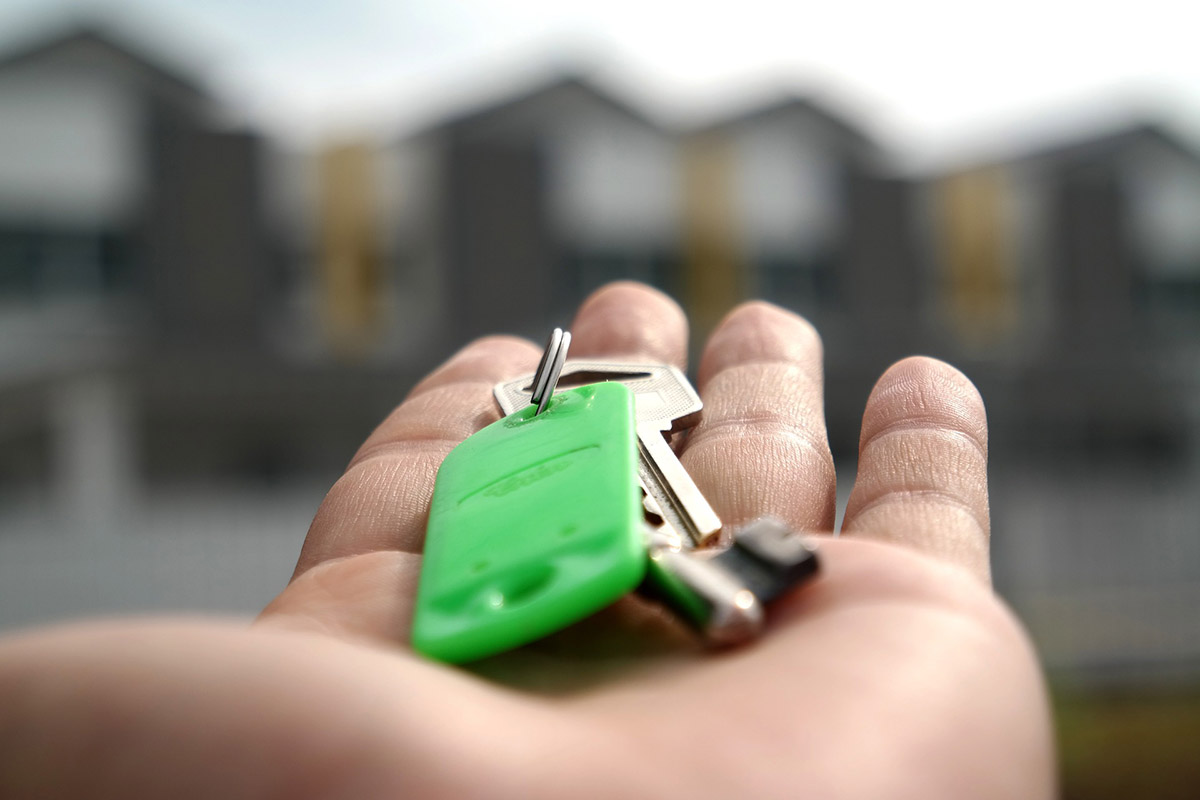What Are the Monthly Costs of Owning a Home
Buying a home is a major financial commitment, and the costs you need to cover extend well after you finalize the actual purchase.
Planning ahead is a major advantage if you want a stress-free life in your new residence, and this involves factoring in your taxes, mortgage, insurance, maintenance, emergency fund, and the like. Know your monthly expenses in advance so nothing can surprise you.
Contents
Utility Expenses
The fact that you have to pay utility bills will not come as a surprise to you; however, there may be some additional costs such as gas, water, trash removal, sewage, and the like that might exceed your expectations. They may seem just slightly higher on a monthly basis, but don’t let them sneak up on you in the long run and build up a truly shocking expense.
Loan Repayments
Fortunately, this is something you can figure out beforehand. The standard procedure when buying a home involves (and necessitates) the calculation of all the expenditures involved with the property.
In order to figure out the size of your monthly commitments, your bank takes into consideration the price of your new home, the amount of your down payment and of course, the interest rate. This way you’ll know just how much you need to set aside to cover this type of payment.
Paying Taxes
Taxes are something you can’t really avoid or afford to forget. They might reach an amount of even a couple of hundred dollars a month, but to be sure how much exactly, it is advisable to check with your local property assessor’s office. Depending on your location, you might have to pay both county and property insurtaxes and this is why some professional advice may come in handy.
By taking care of your tax-related financial obligations, you ensure the support of common resources such as the police and the firefighters, road safety and funding of public parks and libraries, to name a few. Check some tips for getting a tax refund loan.
Insurance
Homeowner’s insurance may vary, the buting property is not the only thing you should focus on. Combining this kind of insurance with other types, like car and life insurance, will definitely decrease its cost since many companies offer discounts if you opt for such a combo. Unless you own a leasehold property, building insurance is a must and is required by most mortgage providers. Feel free to shop around as you can surely find a cheaper deal, even if it involves changing your current provider.
Maintenance
An emergency fund for unexpected repairs is always a good idea. Don’t let a leaky roof or a clogged sink catch you off guard. Boiler servicing, electric safety checks, painting, major room decoration, and kitchen & bathroom replacements are some of the most common kinds of maintenance, the costs of which you should bear in mind.
If this is your first time owning a yard, all the expenses will, of course, be new to you. You’ll need a lawn mower, leaf blower and some essential garden tools to begin with. However, you can have a beautiful garden at a low cost if you do a little bit of research online and find ways to decorate your outdoor space while spending as little as possible.
The pool might take out a significant portion of your budget since you’ll need to hire professionals from time to time in order to maintain the filtering system and safeguard the pool area according to the local and national safety standards.
Parking
Monthly Costs of Owning a Home – a local parking permit may be needed if you do not have a garage, driveway or free on-street parking. This is a long term expense that shouldn’t slip your mind, especially if your family owns more than one vehicle, but it’s well worth the investment. Save yourself the trouble of scouting for a parking space after a long day when all you want to do is get home and relax.
Remember, forewarned is forearmed. Gain a tactical advantage by familiarizing yourself with all the possible expenses that might be coming your way after you finally move in. With a good financial plan and a well-managed budget, there can be few surprises. A good plan predicts the unexpected, and with it, there’s nothing left but to enjoy your new home to the fullest.

